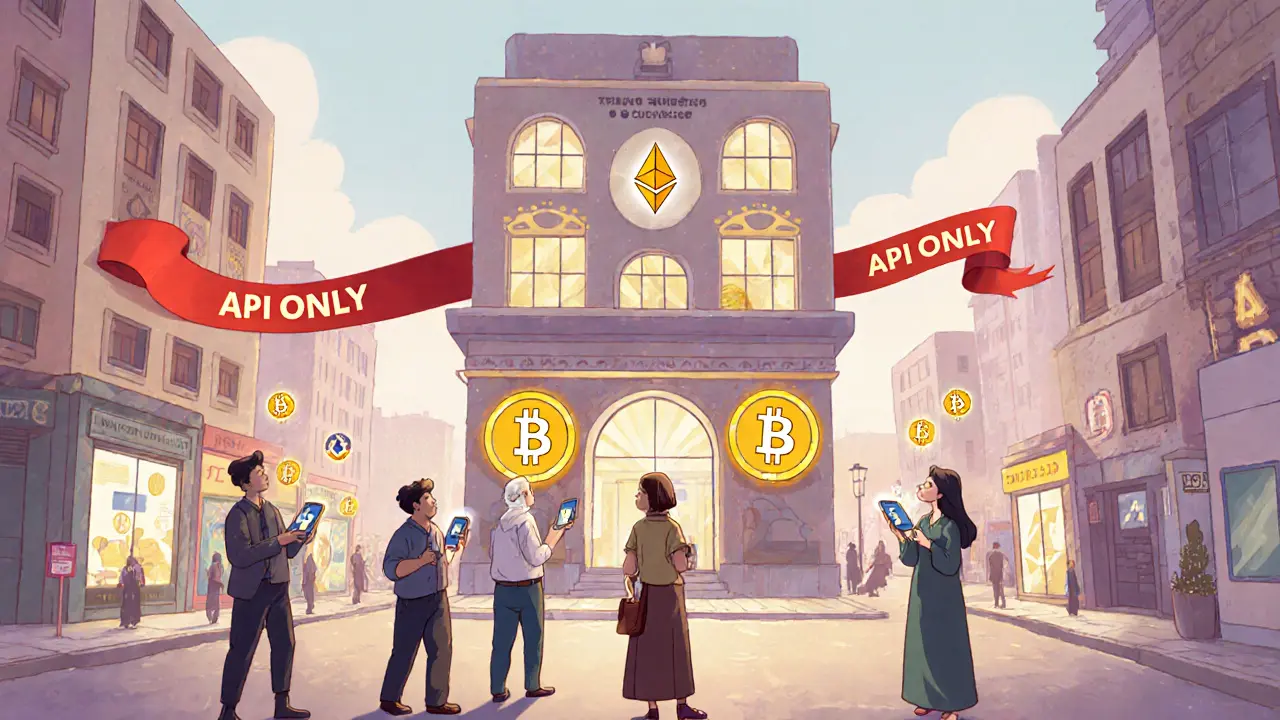Crypto Sanctions Iran: What They Are, How They Impact Trading, and What You Need to Know
When we talk about crypto sanctions Iran, government-imposed financial restrictions that block Iranian individuals and entities from using global cryptocurrency networks. Also known as digital asset sanctions on Iran, these rules are part of broader economic measures aimed at limiting access to foreign currency, bypassing banking controls, and cutting off funding for sanctioned activities. Unlike traditional banking, crypto doesn’t need a bank to move value—but that doesn’t mean it’s free from government oversight. Exchanges, wallets, and even airdrop campaigns have to follow these rules—or risk losing their licenses, facing fines, or being cut off from the global financial system.
These sanctions directly connect to platforms like MEXC, a global cryptocurrency exchange that lists tokens and runs airdrop campaigns subject to international compliance rules, and CoinMarketCap, a data aggregator that tracks token listings and user eligibility, often excluding regions under sanctions. If you’re in Iran or using an Iranian IP address, you might get blocked from claiming a HERO token airdrop, joining a ZAM token campaign, or even signing up for a Binance Smart Chain wallet that requires KYC. It’s not about the tech—it’s about the legal risk. Platforms don’t want to be fined millions for letting sanctioned users access their services.
That’s why you’ll see posts here about Nigerian crypto regulation, Malta licensing, and Canadian exchange reviews—because compliance isn’t optional. Whether it’s NDAX, a Canadian exchange that strictly follows international sanctions, or a DEX like LFJ V2.2 that doesn’t require KYC, the same rules apply behind the scenes. Even meme coins like DOGECAUCUS or CORGI can’t escape scrutiny if they’re promoted through platforms that handle fiat on-ramps or global users.
And it’s not just about access. Sanctions change how people think about crypto. In places like Iran, Nigeria, or Venezuela, crypto became a lifeline—not just for speculation, but for survival. But as governments tighten controls, the tools that helped people are now being watched, tracked, and sometimes shut down. The result? A growing gap between what’s technically possible and what’s legally allowed.
What you’ll find below isn’t just a list of airdrops or exchange reviews. It’s a snapshot of how real-world policy shapes the crypto world you interact with every day. Some posts expose scams that target users in sanctioned regions. Others explain why certain tokens can’t be claimed from certain countries. A few even warn you about platforms that pretend to be safe but ignore compliance entirely. This isn’t theory. It’s what’s happening right now.
Crypto Exchanges Banned in Iran - 2025 Restrictions Guide
Explore which crypto exchanges are blocked in Iran, why they’re banned, and practical ways to stay active in the market despite sanctions and local restrictions.
